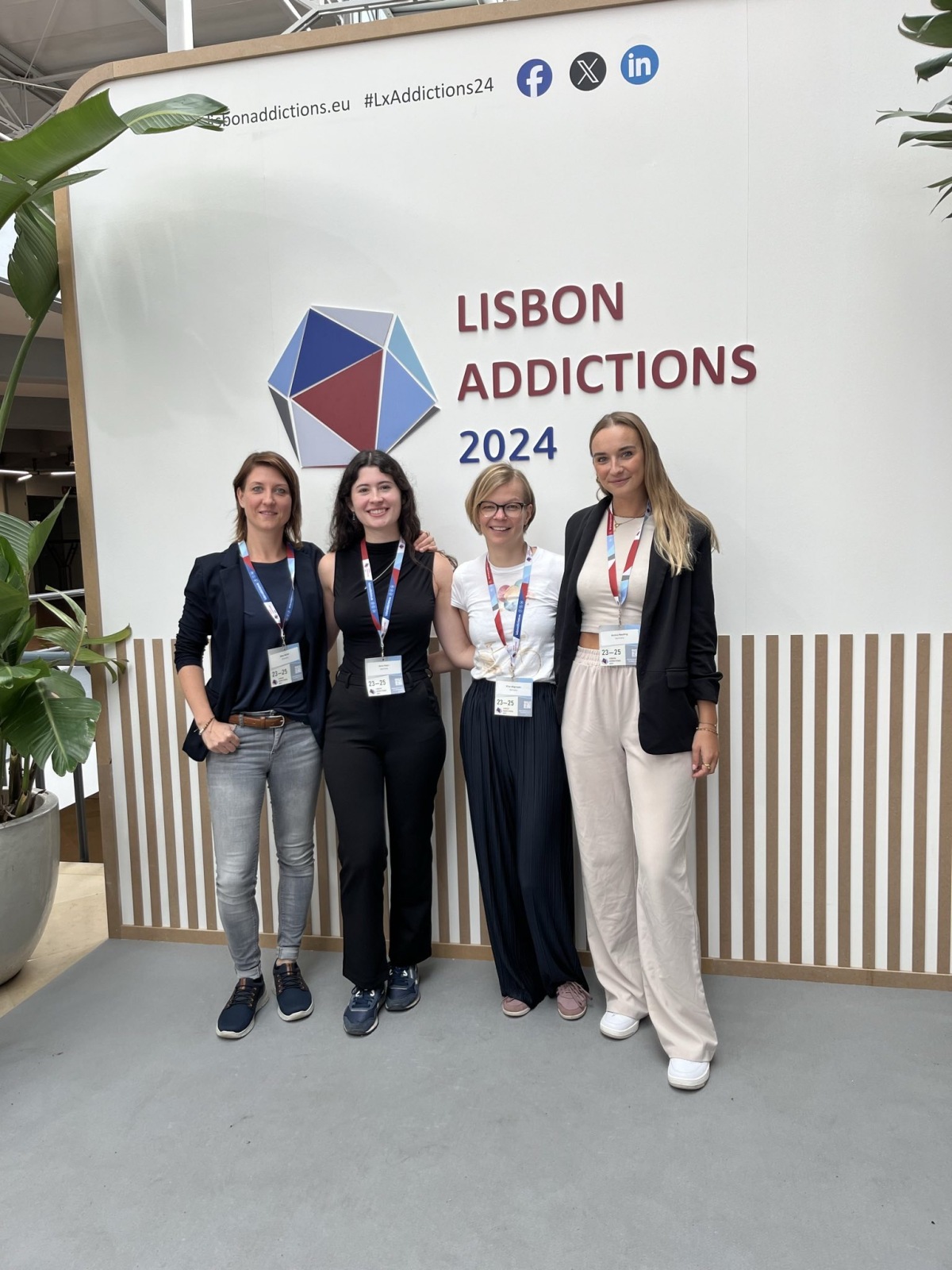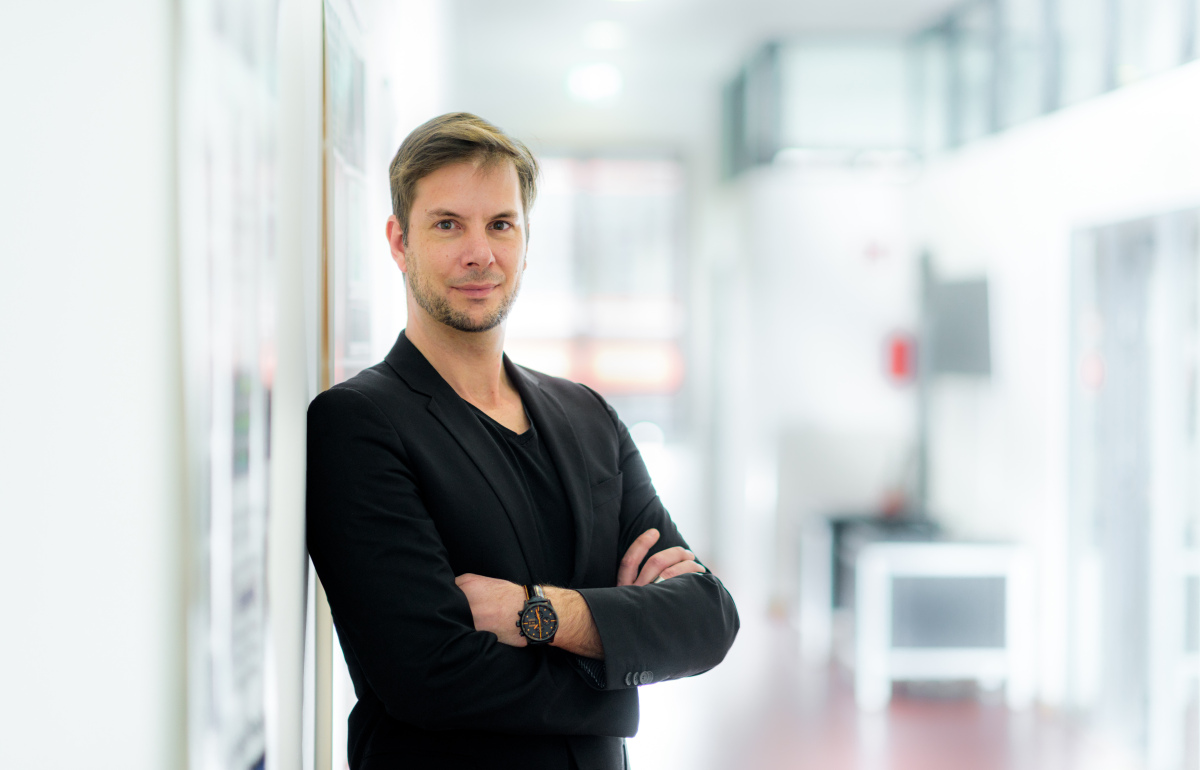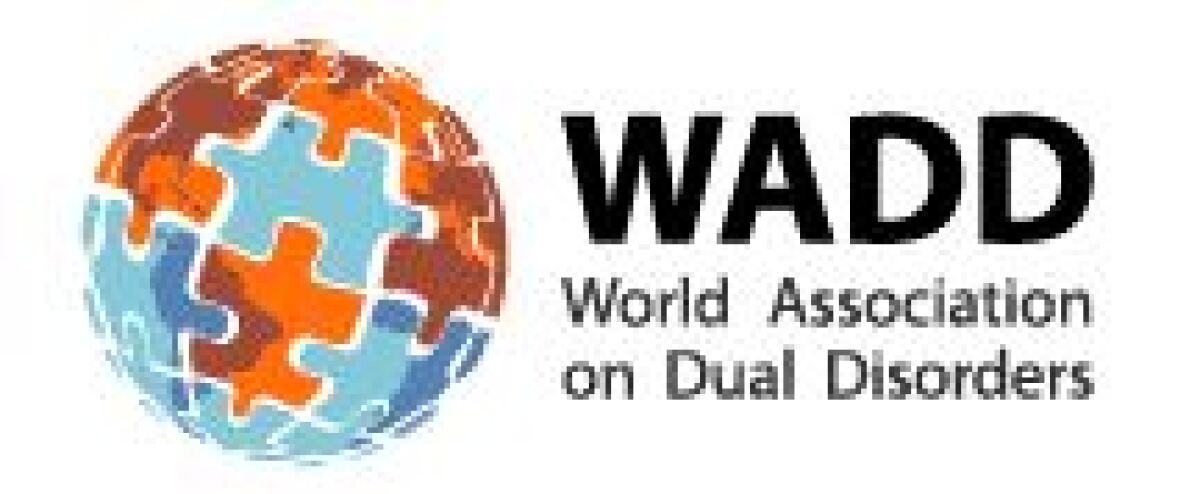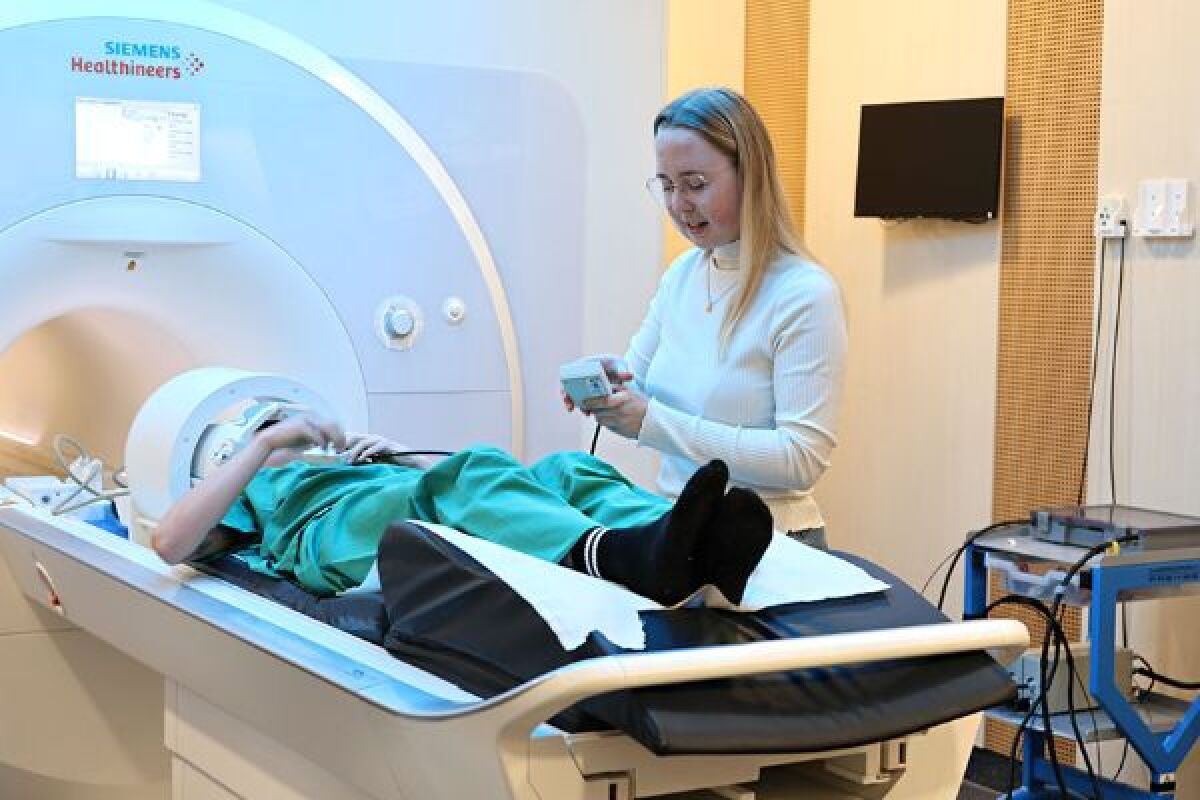Welcome!

The head of the department General Psychology: Cognition at the University of Duisburg-Essen is Prof. Dr. Matthias Brand. General Psychology: Cognition is a part of the division of Human-Centered Computing and Cognitive Science (HCCS) at the Faculty of Computer Science.
19.11.2024Influential Research: Highly Cited Researcher 2024
Prof Dr Matthias Brand has authored several highly cited papers over the past ten years and, with six other researchers at the University of Duisburg-Essen, is one of the 1% most impactful researchers worldwide across all disciplines.
He is not only an outstanding researcher in his field, but also contributes to the international visibility of the Faculty of Computer Science and the entire University of Duisburg-Essen through his pathbreaking publications. The award emphasises the high quality and relevance of his research.

23.-25.10.2024Lisbon Addictions 2024
The Department of General Psychology: Cognition was once again successfully represented at Lisbon Addictions 2024. The international conference, one of the most important events for exchange on addiction research in Europe, brought together leading experts from various disciplines to discuss current developments and innovative approaches in addiction research.
The representatives of our chair Dr Silke M. Müller, Dr Elisa Wegmann, PhD Annica Kessling and PhD Anna Knorr presented their latest research findings and actively participated in scientific discussions. As always, participation in Lisbon Addictions was a great success for the team and emphasises the international recognition of our work in cognitive research.

08.07.2024Leading international addiction researcher
Great recognition for Prof. Dr. Matthias Brand from the University of Duisburg-Essen: He was honoured today by the International Society for the Study of Behavioral Addictions with the Great Achievement Award. For the jury, the leading international addiction researcher is one of the most influential scientists in his field, specialising in internet-related addictive behaviour. At the University of Duisburg-Essen, the psychologist is the speaker for a DFG-funded research group.
~ Juliana Fischer

25.04.2024Interview from a world congress
During his visit to the congress of the World Association on Dual Disorders (WADD), Prof. Dr. Matthias Brand gave an interview alongside his symposium on the I-PACE model for describing the development and persistence of addictions. Find out more about the exciting insights Prof. Dr. Matthias Brand shared on current developments and research priorities. The interview is now available on the first page of the Mallorca newspaper.

25.04.2024Girls'Day at ELH
For Girls' Day 2024, the Erwin L. Hahn Institute in Essen opened its doors to schoolgirls in eighth and ninth grade who wanted to gain an insight into MRI research. Interest was high and the limited places were quickly filled.
The students learned about the functionality and special features of the 7-Tesla MRI scanner. In addition, Dr Stephanie Antons presented the structure and function of the brain as well as scientific questions by setting up, proving and disproving hypotheses. They were also informed about the important role of 3D printing at the institute, which is associated with the specific requirements of the various research projects. The students were also able to see a functional brain scan.
The ELH hopes that this day has raised the students' interest in research and encourages them all on their way into science.

25.03.2024DFG research group ACSID extended
The German Research Foundation (DFG) has extended the research group (FOR 2974) "Affective and Cognitive Mechanisms of Specific Internet-use Disorders" (ACSID). A further funding period of three years with a volume of around five million euros has been approved.
Prof. Matthias Brand is the spokesperson for the transregional research group, in which we have been investigating the psychological and neurobiological processes that underlie specific forms of addictive Internet use for the past three years. In addition to gaming disorder, which is already recognized as a mental disorder by the World Health Organization (WHO), excessive shopping, pornography consumption and the problematic use of social networks are also being addressed in ten different sub-projects. Researchers from the University of Duisburg-Essen are working together with colleagues from the Universities of Bochum, Bamberg, Giessen, Mainz, Lübeck and Hannover Medical School.
Press article:
https://www.dfg.de/de/service/presse/pressemitteilungen/2024/pressemitteilung-nr-11
https://www.uni-due.de/2024-03-25-dfg-foerdert-forschung-zu-internetsucht-weiter
Homepage of the research group:

27.10.2023Understanding addictive behaviour
Be it World of Warcraft or pornography: it's easy to get lost in the digital world. Dr Stephanie Antons is researching how problematic addictive behaviour can develop from media consumption. Her work leads the UDE psychologist to the 7 Tesla MRI of the Erwin L. Hahn Institute in Essen. Here she uses high-resolution brain scans to gain deeper insights into the activities of various brain areas and their connection to addictive behaviour.

01.05.2021Start of the research group
The research group (FOR 2974) started its work on May 1, 2021. In seven sub-projects, the psychological and neurobiological processes of the development and maintenance of specific Internet use disorders are to be researched.
Further information on the research group can be found on the homepage.
25.09.2020DFG research group approved
The German Research Foundation (DFG) has approved the research group (FOR 2974) "Affective and cognitive mechanisms of specific Internet-use disorders" (ACSID). The spokesperson for the research group is Prof. Dr. Matthias Brand. Colleagues from the UDE work together with colleagues from the Universities of Bamberg, Bochum, Gießen, Mainz, Lübeck, Siegen, Ulm and the Hannover Medical School. The aim of the research group is to better understand the psychological and neurobiological processes involved in the development and maintenance of specific Internet use disorders in order to make a contribution to improve prevention and therapy.
Press article:
https://www.dfg.de/en/service/press/press_releases/2020/press_release_no_39/index.html
https://www.uni-due.de/2020-09-25-dfg-bewilligt-transregionale-forschungsgruppe-brand

